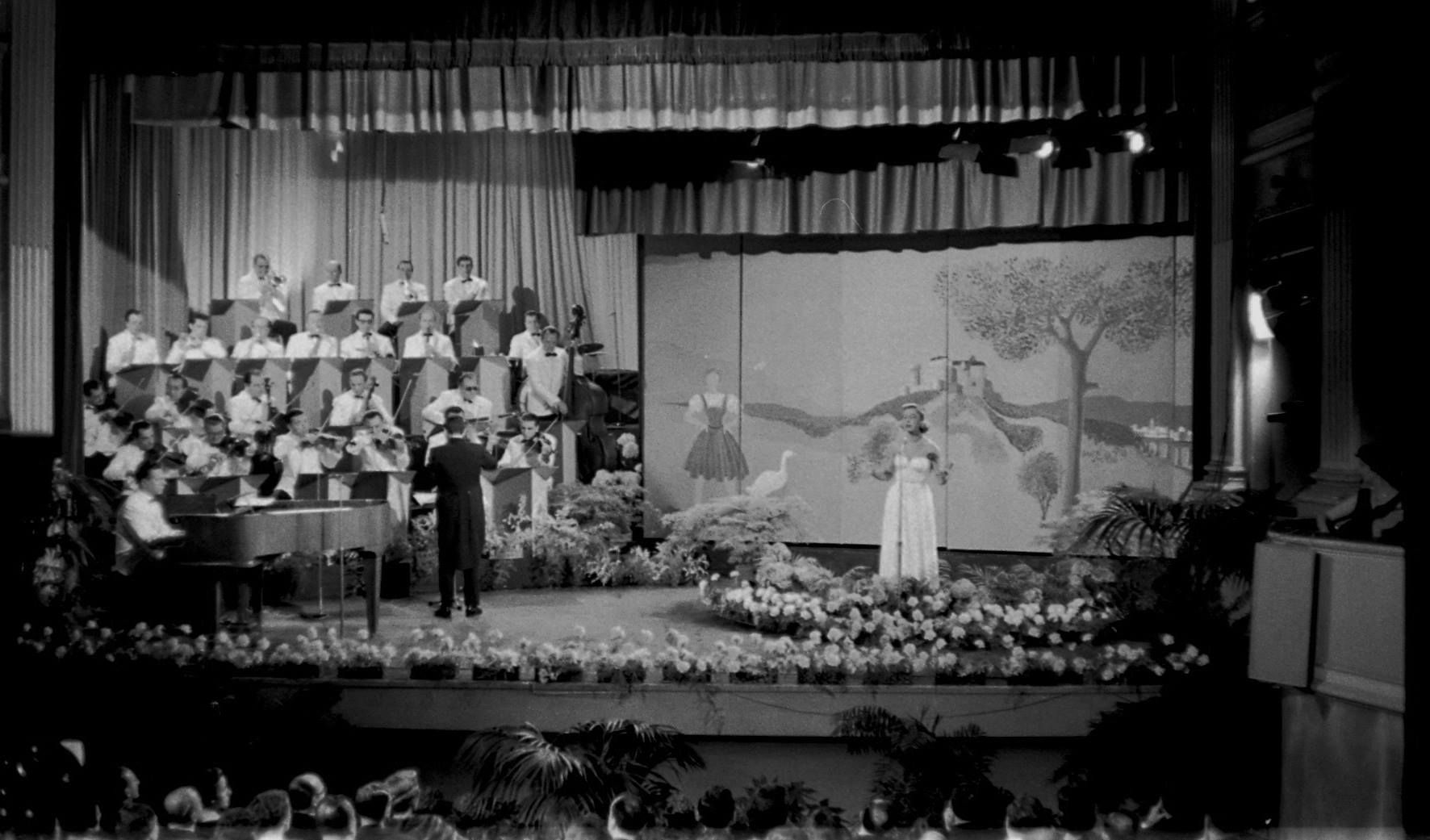The first Eurovision Song Contest is held.
The Eurovision Song Contest 1956 was the first edition of the annual Eurovision Song Contest, held at the Teatro Kursaal in Lugano, Switzerland on Thursday 24 May.
Organised by the European Broadcasting Union, the pan-European music competition was inspired by the Italian Sanremo Music Festival. Lohengrin Filipello hosted the first contest which lasted approximately 1 hour and 40 minutes. Seven countries participated, with each of them performing two songs. Two jury members from all participating countries cast their votes in secret, based on which song was their favourite.
This first edition of the Eurovision Song Contest included several procedures that were not repeated in any subsequent edition: Two songs for each country, secret voting, double voting of one country on behalf of another, optional inclusion of the jury members’ own represented country in their voting, only “Grand Prix” title reception for the winner, and a single male presenter to host the show.
During a meeting in Monaco in 1955, members of the European Broadcasting Union discussed ideas to organise a pan-European music competition, taking inspiration from the Italian Sanremo Music Festival. From that meeting, the concept of the Eurovision Song Contest was born. A decision was reached to hold the first ever contest the following year in Lugano, in the Italian cultural region of Switzerland.
The programme was hosted in Italian by Lohengrin Filipello, making it the only Eurovision Song Contest to have a solo male presenter and up until the 2017 edition with a male trio, the only edition without a female presenter. The programme lasted approximately one hour and 40 minutes. Although it was mainly a radio programme, there were cameras in the studio for the benefit of the few Europeans who possessed a television.
Only solo artists were allowed to enter the contest, and their songs were not to exceed three and a half minutes in length, and were accompanied by a 24-musician orchestra, which was led by Fernando Paggi, along with four guest conductors, which came from Belgium, France, Luxembourg and Italy. The interval act, whistling by the Joyeux Rossignols, had to be extended due to a delay in the voting procedure. It had been strongly recommended that each participating country have a preliminary national song contest.

